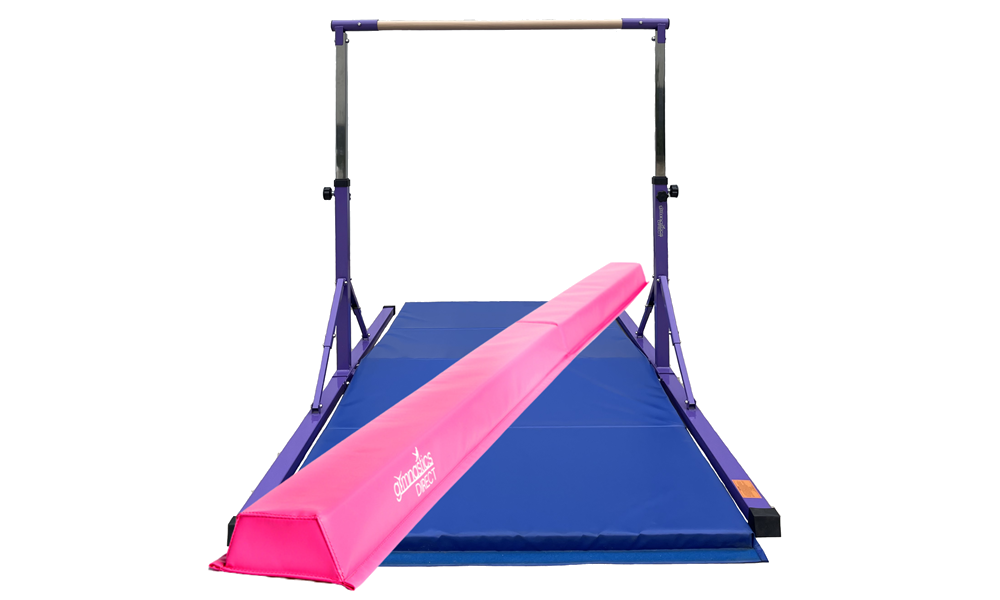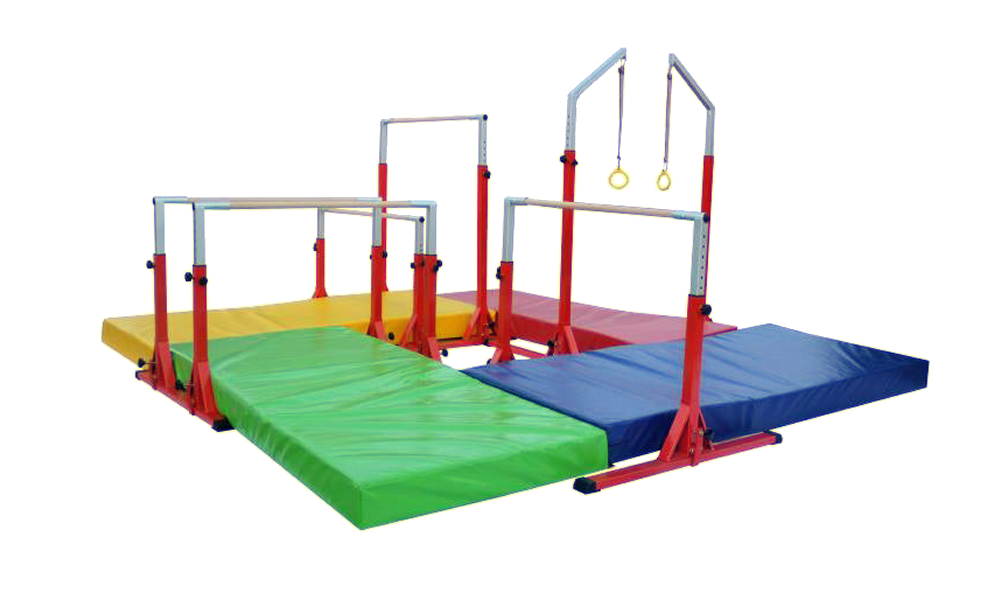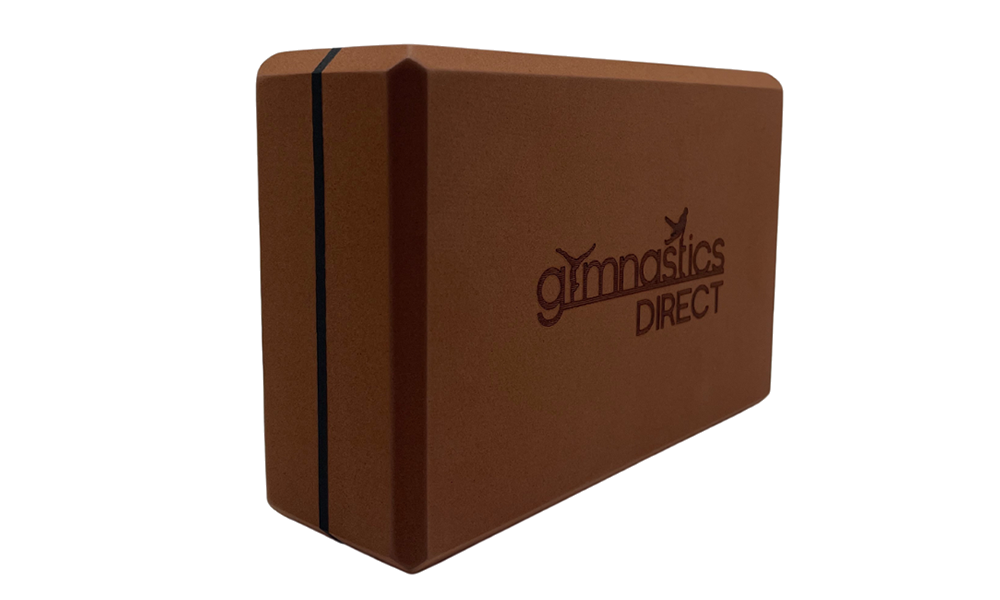The Importance of Rest and Recovery for Athletes with Sean Walden
December 14, 2021 2 min read

From the elite athlete to the casual gym-goer, rest and recovery between training are essential. It’s an important part of any exercise program as it allows the body time to repair, rebuild and strengthen itself, allowing athletes to train again and reach optimal peak performance.
In terms of gymnastics where many hours of high-intensity skills training are involved, gymnasts must listen to their bodies. Getting adequate rest has both physiological and psychological benefits. A balance of training with appropriate rest and recovery also helps reduce the risk of injury.
During a recovery period, the body is essentially replenishing its glycogen (energy) stores which help the muscle tissues repair themselves.
There are two main types of recovery periods.
- Immediate or short-term: This occurs within hours after the training session has concluded. This can include low-intensity exercise after working out and during the cool-down phase.
- Long-term recovery: This is more prominent when people are training to compete. Long-term recovery essentially refers to having a break after a season or a couple of months of intense training. This heavily applies to gymnasts who are training for competitions and need to prepare months before the competitive event.
Sean Walden, Personal Trainer at Anytime Fitness Cessnock and Hunter Strength and Performance in Beresfield, also gives us some insight on why it is necessary to allow enough time for your body to recover in between training sessions.
According to Sean, rest and recovery days are important for 2 major reasons. The first reason is cumulative fatigue management. Over time, all your training continues to add up. If you don't take rest days or manage your program appropriately, eventually you will experience lower performance.
When preparing for a competition, gymnasts train numerous hours a week on a year-round basis. Similar to any other sport, if you want to be able to tumble or leap higher, then you have to focus on your recovery as much as your training. With so much pressure placed on the body, athletes need to take part in a proper recovery program as prolonged fatigue can compromise safety, effort and overall performance. Some post-workout recovery includes nutrition, hydration, stretching, icing and more. For more information on nutrition for gymnasts, click here.
Sean's second reason is the fact that the gym (or club) is where you tear the body apart, the bed is where your body actually builds and restores. In other words, make sure you're getting sufficient amounts of sleep!
"Essentially, your body needs time to repair itself so that it can improve itself. In the context of weight training, you create micro-tears in your muscles when you train. Those micro-tears need time to repair themselves. You can't just continuously tear your muscles and expect them to get stronger if you don't give yourself time to recover."
What do you do on your rest days? Let us know in the comments below!
Leave a comment
Also in Guest Bloggers

Emma Nedov's Gymnastics Comeback
September 06, 2024 5 min read

Hydration for Junior Gymnasts with Kieran Woodford
August 17, 2022 3 min read
This week, Nutrition and Dietetics Student Kieran Woodford takes us through the importance of hydration for young athletes and their recommended daily water intake.

Injury Prevention for Lower Back Pain with Dani Davey
June 22, 2022 2 min read 2 Comments
Gymnastics, acrobatics, aerial and cheer are high risk sports, meaning that athletes are prone to injury constantly.




